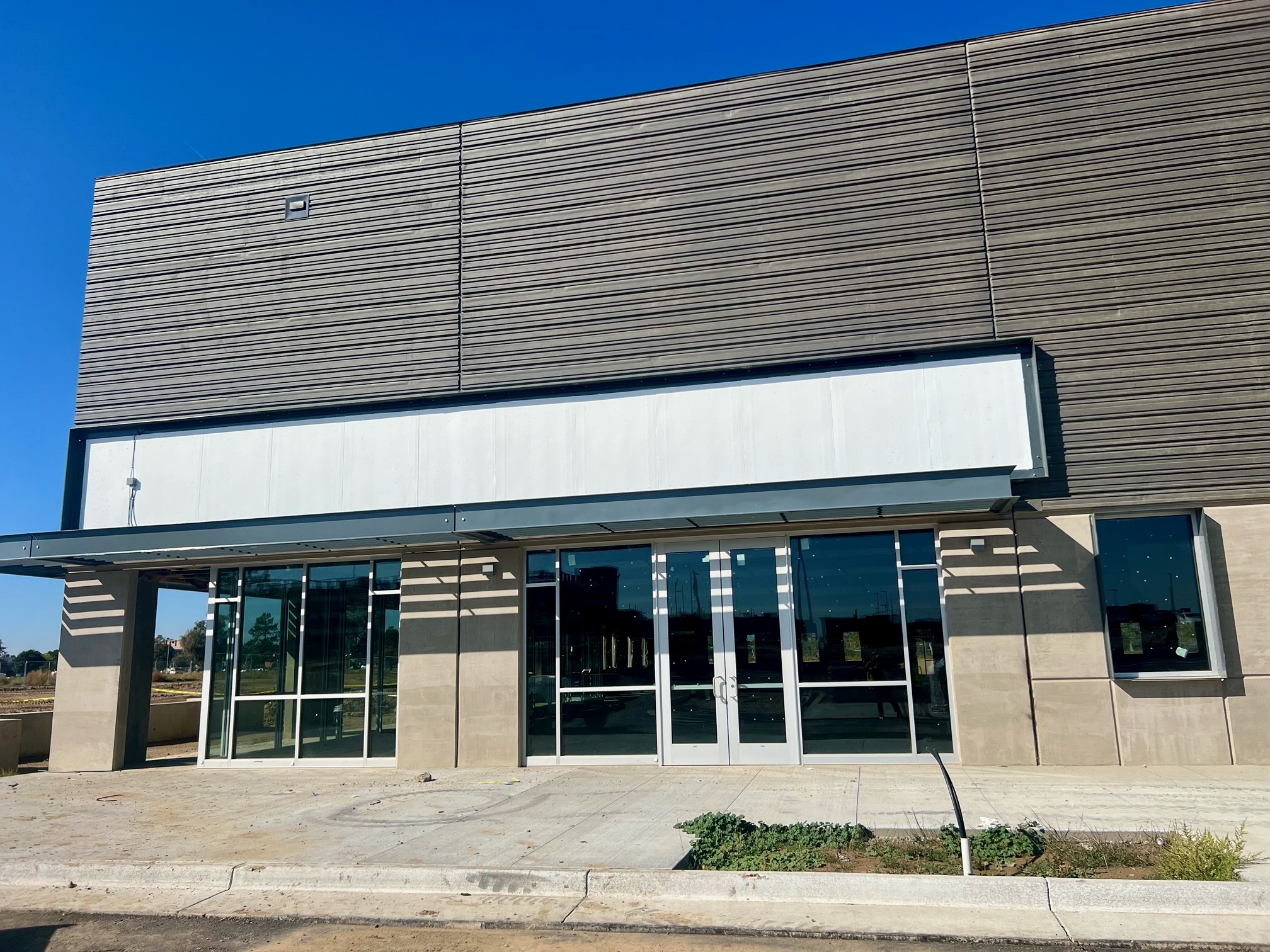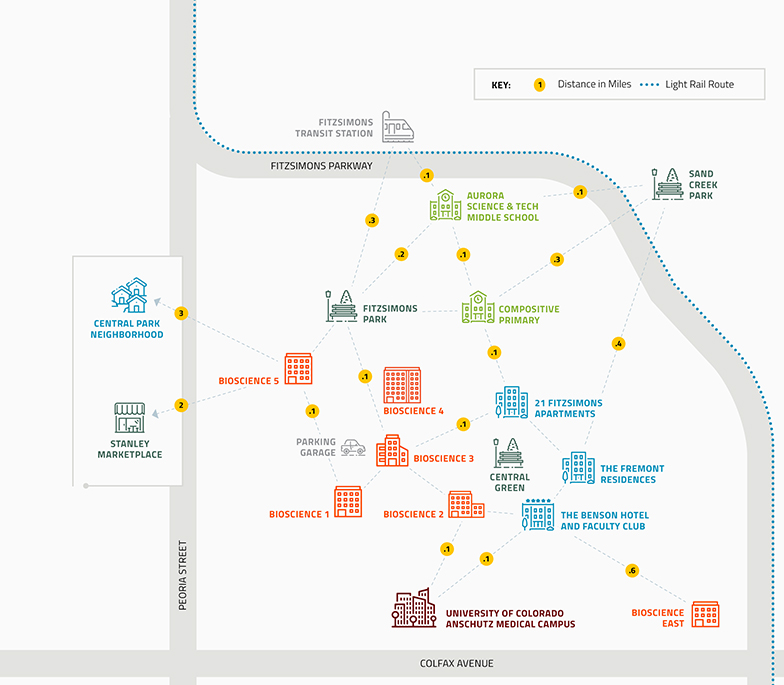
Lohocla Research Corporation: Transforming Lives for Sufferers of Chronic Pain, Neurodegenerative Disease, and Addictive Disorders
What the Company Does
Lohocla Research Corporation conceptualizes novel solutions for difficult medical problems like chronic pain, neurodegenerative disease, and addictive disorders by employing an iconoclastic approach. Deep experience undergirds the scientific expertise of the company’s executive scientists. To date, Lohocla Research has brought two first-in-class small-molecule drugs to first-in-human trials: Kindolor and Nezavist.
Current Landscape
Kindolor: The U.S. Centers for Disease Control and Prevention (CDC) reports that 50 million U.S. adults suffer from chronic pain. In 2019, the associated treatment market was more than $77 billion and is expected to exceed $151 billion by 2030. As one concrete example of the chronic pain market, global drug sales for painful diabetic neuropathy (PDN) currently amount to about $5 billion and are projected to reach $9 billion by 2026. The patent for Lyrica (generically, pregabalin) ended in 2018. It accounted for the largest market share in 2017, and an estimated 30 to 35 percent of Lyrica sales were for treatment of neuropathic pain, particularly that arising from PDN ($1.5 billion). Although this market has been significantly altered by the entry of generic versions of pregabalin, these drugs still have the same potential for abuse as Lyrica as well as the risk of mortality when combined with large doses of opiates.
Positioning Kindolor as a combination therapy to reduce opioid use and addiction is a viable option, as Kindolor’s synergism, when used in combination with opiates, has the potential to generate a new combination-therapy paradigm.
Nezavist: Drinking alcohol activates the immune system in the gut and resultant inflammatory signals travel to the brain. The inflammation in the brain leads to changes in brain chemistry that result in craving for alcohol that leads to relapse in individuals trying to abstain. Nezavist has been designed to break this cycle, reducing inflammation, craving, and relapse.
Nezavist is currently in Phase 1 trials for treating Alcohol Use Disorder (AUD). Of the $42 billion per year addiction treatment market, 41 percent is alcohol related. In the U.S., 28.9 million suffer from AUD. There are currently three drugs on the market for AUD (Acamprosate, Naltrexone, and Disulfiram; comprising four separate products). Widely accepted statistical models suggest that, on average, Nezavist would ultimately capture 19 percent of the resulting five-drug market, generating an estimated $3.3 billion share of the annual addiction treatment market. Given Nezavist’s anti-neuroinflammatory action, the indication for use in AUD is only one of the many potential applications of Nezavist.
Company Birth Story
Boris Tabakoff, Ph.D., founded Lohocla Research Corporation in 1983 in Chicago, Illinois, in order to translate his basic science discoveries to the clinic. The initial goal was the translation of research findings to the problem of protecting individuals from the damaging effects of alcohol, which included the development of:
- biomarkers that reflect hazardous alcohol consumption levels (even without concurrent organ damage),
- therapeutic interventions to protect heavy drinkers from liver damage, and
- genetic markers for predisposition to depression (often comorbid with alcohol addiction) and alcohol abuse.
Because Dr. Tabakoff joined the federal government as the Scientific Director of the National Institute on Alcohol Abuse and Alcoholism (NIAAA) at the National Institutes of Health (NIH) in Bethesda, Maryland, there was a hiatus in Lohocla Research’s investigational endeavors. After eight years of government service, Dr. Tabakoff returned to academia and resumed the development of Lohocla Research in 1993. The company quickly undertook new research ventures, including the development of genetic tests for predisposition to depression and alcohol addiction and the development of medications for chronic pain, addiction, and craving.
Solution
Using rational drug design, Lohocla Research has devised a flexible molecular scaffold that allows for modular design of new chemical entities. The first two molecules derived from this framework have unique, novel mechanisms of action.
Kindolor is a non-addictive drug that acts peripherally to control the hyperalgesia associated with chronic pain conditions without eliminating normal, protective responses to acute pain. Kindolor works simultaneously on several targets in the signaling pathway of pain-sensing nerves to “tone down” over-activity and return peripheral nerve impulses to a normal baseline. Additionally, because Kindolor can enhance the action of centrally acting analgesics for controlling chronic pain, it can serve as an effective opiate-sparing medication, enabling the reduction of opioid doses by up to five-fold.
Nezavist acts in the gut to modulate neuroinflammatory signals in the central nervous system by stimulating the vagus nerve. In the human body, the gut has the greatest concentration of immune cells as well as hormones that regulate caloric intake. The immune- and hormonal-systems of the gut communicate with the brain and affect behavior. This gut-brain communication can occur by two paths: 1. by chemical signals traveling through the blood stream or 2. by signals carried along the vagus nerve, which creates a neuronal bridge between the gut and the brain. Over time, these signals produce inflammation in brain tissue by activating cells called microglia. Nezavist changes the pattern of vagal nerve signaling to the brain and vagal signals have been shown to suppress the microglial inflammatory state. Through this action, Nezavist can be used to address many brain-disease states that are caused by neuroinflammation.
Customer Impact
Lohocla Research is dedicated to making a difference—to improving people’s lives.
An estimated 80 million Americans drink alcohol at hazardous or harmful levels, and approximately 28.9 million individuals are alcohol dependent. In 2011, it was estimated that chronic pain affects at least 100 million adults in the United States. Lohocla Research is pursuing a strategy to meet the treatment needs of these patients. Dr. Tabakoff’s continuing research interest has focused on the molecular and genetic mechanisms of alcohol and drug abuse as well as the effective treatment of chronic pain. In addition, Lohocla Research has recently discovered derivatives of the chronic pain medication that may be useful in preventing cancer metastasis.
The mission of Lohocla Research Corporation is to use principles of network pharmacology and rational drug design to develop therapeutic products for chronic pain, neurodegenerative disease, and addictive disorders. Lohocla Research is a motivated biotechnology company actively looking for new therapeutic products that will better the lives of people around the world. We are always interested in joint-venture and partnership opportunities that will help us to help others.
Founder Quote
“Lohocla Research is a compassionate company dedicated to improving quality of life. We understand the significant challenges associated with chronic pain, neuroinflammatory disease, and addiction, and we focus on transforming the lives of patients suffering from these conditions.”
Boris Tabakoff, Ph.D. Founder & CEO, Lohocla Research Corporation
Learn More
Website: www.lohocla.com











